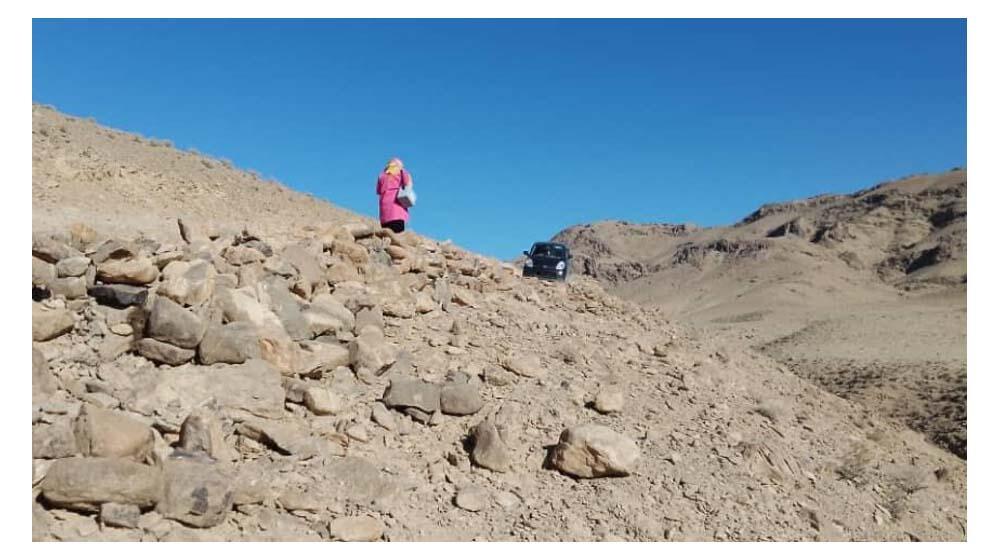Kandahar, Afghanistan – Traversing difficult terrains and, at times, challenging weather conditions to reach remote villages is already daunting enough for midwife Rima to carry out her task of vaccinating children. But even more challenging for her is convincing parents about the value of vaccination for their children.
Rima, 23, works at the Family Health House (FHH) in Shighzai village and travels to neighbouring villages to administer oral polio vaccine to children. Afghanistan is one of the last two countries in the world where polio remains endemic, and efforts are underway in the health sector to promote vaccination as a step towards the elimination of the disease.
“There are parents who come to the FHH to have their children vaccinated. But for families who could not come, "I dedicate two to three hours travelling daily to conduct outreach activities in their villages to reach the children for polio vaccination,” Rima said.
“In some areas, the terrain is too risky to travel by car, so at some point along the way, I have to get out of the car and walk the rest of the way to reach the village,” Rima shared.
Reaching remote villages, however, is just one part of Rima's challenge. The more daunting part is encountering families with misgivings about vaccination.
Not all communities welcome Rima's vaccination efforts, with some families in rural areas expressing opposition to polio vaccination. "Dealing with such resistance makes my job more challenging," she admitted. "I have to engage in discussions and explain the importance of the vaccine until I am able to convince families."
Rima recalls an experience during one community outreach, which she thought was going to run smoothly. As she reached the community, children eagerly approached her. “That was a good sign,” she recalled.
But her optimism was short-lived. “I was about to administer the oral vaccine to two children when their mother pulled them back,” she said. “I was taken aback because the mother had already consented to the vaccination. The mother later explained that her husband disapproved of it.”
"The parents had reservations and asked questions about the vaccine. I took that as an opportunity to give them more information to help them understand the necessity of such vaccination to children,” Rima explained.
Despite resistance and skepticism from some families, Rima persisted. Eventually, many of the parents agreed to have their children inoculated. She noted that out of the 101 children she vaccinated from that village, 31 had never received any vaccines before.
Despite existing national and subnational polio vaccination campaigns in the region, a significant number of unvaccinated children remain. Rima feels a strong sense of responsibility to support the campaign to safeguard the children's health."Midwives play a vital role in ending polio. As mothers trust us in attending deliveries, they also trust us when we discuss immunization during childbirth," Rima concluded.


